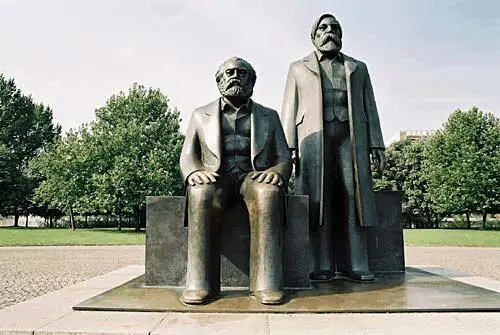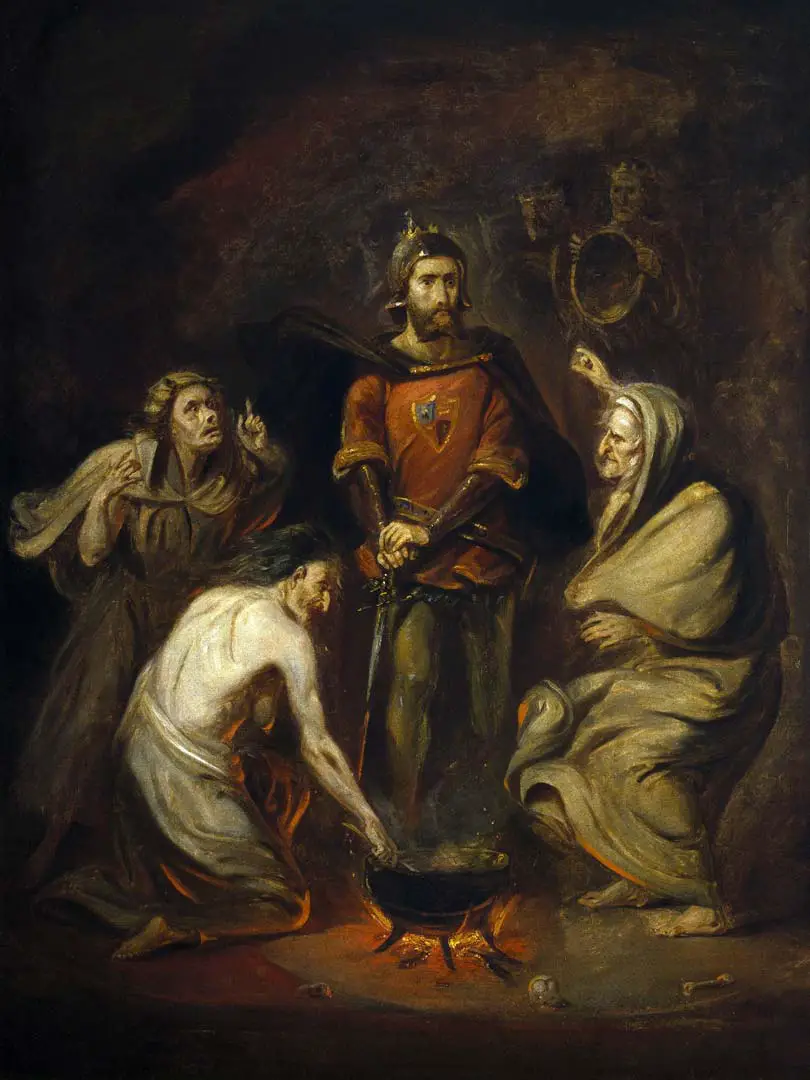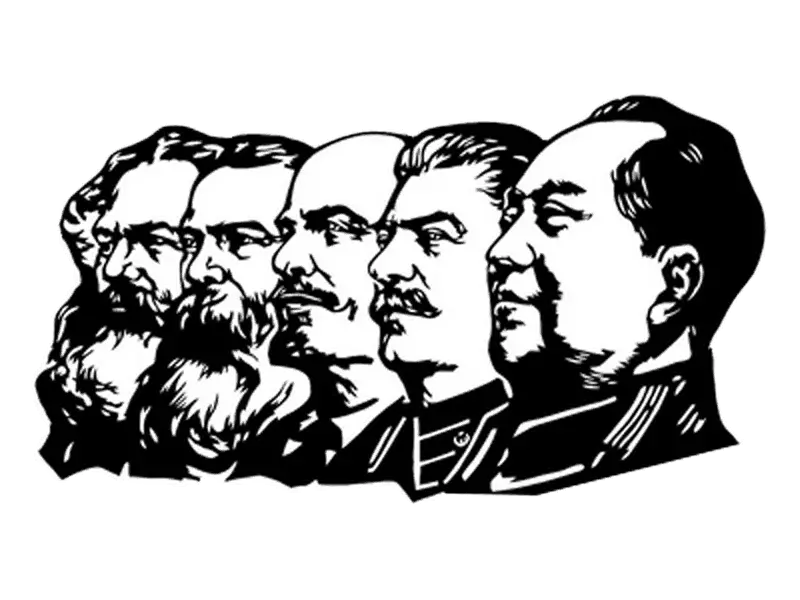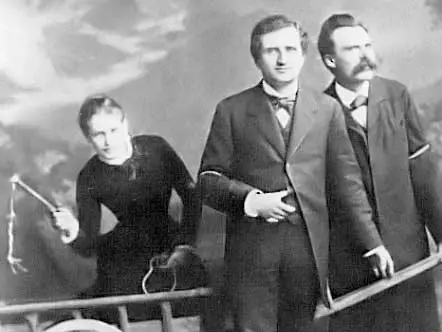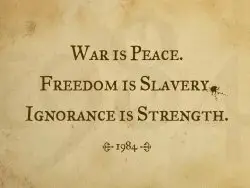Ten underappreciated philosophers of the Islamic World
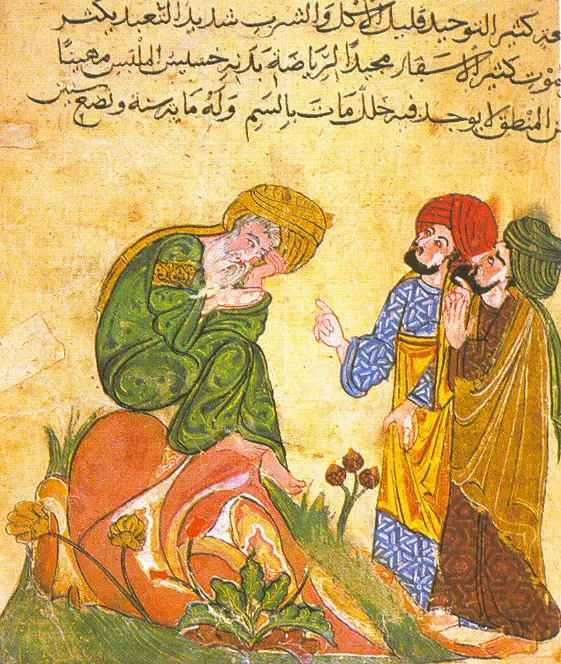
On August 27th 2016, OUP published a list of 10 underappreciated philosophers of the Islamic World. The list is not readable on mobile phones (mine at least) and for this reason has been reproduced below. It was compiled by Peter Adamson, who is the author of Philosophy in the Islamic World.
The philosophical contribution of Islamic culture often goes unacknowledged, and when it is recognized, it is often reduced to a discussion of Islamic influence on European philosophy, especially in the medieval period. In this timeline, Peter Adamson, author of the History of Philosophy series, highlights ten underappreciated figures of the Islamic world, during and well beyond the medieval era.

Abu Bakr al-Rāzī (d. 925)
Celebrated for his brilliance in medicine and decried for his unorthodox teachings on religion, Abu Bakr al-Razi was a near contemporary of the more famous al-Kindi (d. 870) and al-Farabi (d. 950). Unlike them he drew inspiration from Plato and Galen, rather than Aristotle, and postulated that five eternal principles produce the universe: God, Soul, Matter, Time, and Place.

A page from the Codex Arabicus
Saadia Gaon (d. 942)
A leading religious scholar who translated the Hebrew Bible into Arabic, Saadia served as head (Gaon) of a Jewish academy in the Iraqi city of Sura. His Book of Doctrines and Beliefs stresses the ineffability of God, drawing on ideas current in contemporary Islamic theology.
Yayha Ibn ʿAdī (d. 974)
The leading Aristotelian philosopher in Baghdad in the mid-tenth century, the Christian Ibn ʿAdī was known for his expertise in logic. He and his colleagues commented on Aristotle’s works, translated philosophy from Syriac into Arabic, and used philosophical ideas to defend the coherence of Christian doctrines such as the Trinity.
 Avicenna (d. 1037)
Avicenna (d. 1037)
Avicenna, whose real name was Ibn Sīnā, is actually very well appreciated – yet not nearly as much as he deserves. He was the most influential of all medieval thinkers, setting forth innovative ideas that were hugely important in Latin Christian thought and totally dominant in the later Islamic world. By the way, he was also a major figure in the history of medicine.
 Suhrawardī (d. 1191)
Suhrawardī (d. 1191)
While the famous Averroes was writing his commentaries on Aristotle in Islamic Spain, Suhrawardī was developing a new philosophical paradigm in Iran and Syria. He called his distinctive system of thought the “Illuminationist philosophy,” because it depicts the universe as a radiation of lights from the source that is God. He is also important for his searching critique of Avicenna’s logic and metaphysics.
Fakhr al-Dīn al-Rāzī (d. 1210)
The author of a voluminous commentary on the Quran, many theological treatises, and commentaries on Avicenna, Fakhr al-Dīn (not to be confused with the earlier Abū Bakr al-Rāzī) sought to articulate out all arguments on all sides of all philosophical topics of his day. His works are thus a treasury of disputes, integrating material from Avicennan philosophy and Islamic rational theology.
Kātib Çelebi (d. 1657)
In his Balance of Truth, the Ottoman thinker Kātib Çelebi argued for a tolerant approach to religious and social issues, defending the validity of both moderate Sufism and rationalist philosophy. He was a champion of the scientific curriculum that produced the “learned class” (ulema) so influential in Ottoman political life.
 Dārā Shikūh (d. 1659)
Dārā Shikūh (d. 1659)
A prince of Islamic India, Dārā was executed after a power struggle following the death of his father. But first he had time to master Sufi practices and compose his remarkable “Confluence of the Oceans,” showing the harmony of Islamic teaching with classical Indian thought as found in the Upaniṣads.
 Muḥammad ʿAbdūh (d. 1905)
Muḥammad ʿAbdūh (d. 1905)
An Egyptian thinker, ʿAbdūh lived through the last phase of the Ottoman Empire and confronted the realities of colonialism in works of political dissent. He diagnosed a dangerous fatalism leading to political passivity in Islamic society, and argued that supposedly European scientific discoveries, as well as democracy, had been anticipated in the Islamic tradition.
Fatema Mernissi (d. 2015)
The recently deceased Moroccan feminist Fatema Mernissi wrote Beyond the Veil, in which she analyzes the oppression of women in Islamic society. She traces this misogyny back to an early, willful misinterpretation of the true message of the Prophet Muḥammad.
Sign up for Paradox of the Day mailing list and please visit our Patreon support page.
 Avicenna (d. 1037)
Avicenna (d. 1037) Suhrawardī (d. 1191)
Suhrawardī (d. 1191) Dārā Shikūh (d. 1659)
Dārā Shikūh (d. 1659) Muḥammad ʿAbdūh (d. 1905)
Muḥammad ʿAbdūh (d. 1905)